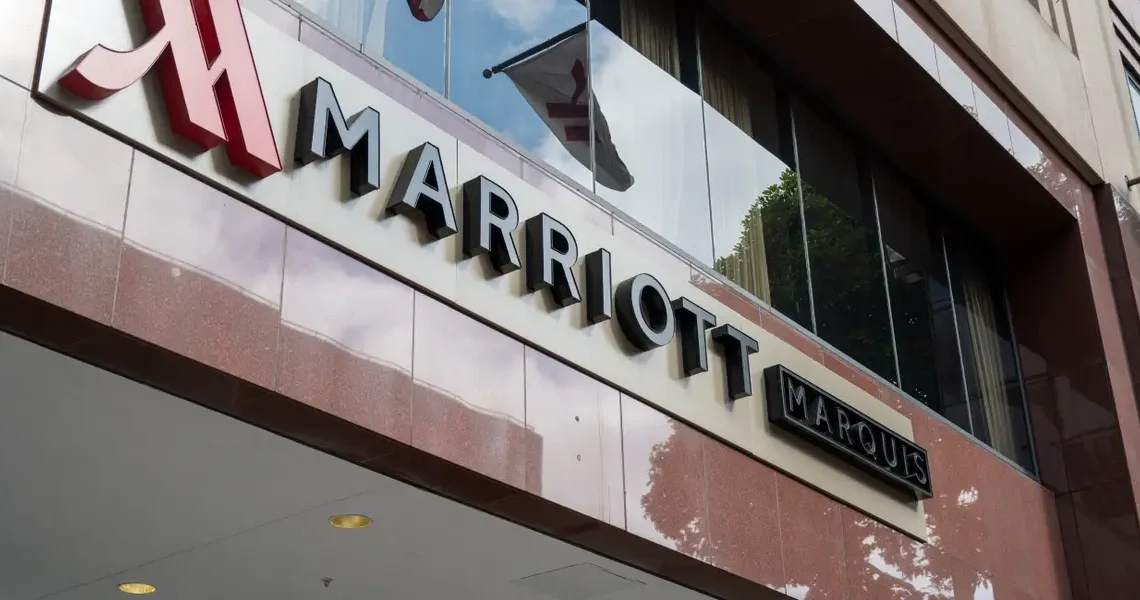Breakups can feel sudden. But oftentimes the signs were always there.
That appears to be the case with the Marriott-Sonder split. The short-term rental’s blowup with the hotel giant, followed by its bankruptcy, was particularly shocking for its customers.
Lawsuits, sloppy accounting, and a slew of executive departures and failed bailouts indicate issues were bubbling long before last week’s dramatic divorce, writes BI’s Madeline Berg, Natalie Musumeci, and Kelsey Vlamis.
That’s not much solace for those who got caught in the crossfire.
By now, you’ve likely seen some of the stories: a single mom’s dream vacation ruined, a post-proposal celebration cut short, a visit to a newborn granddaughter thrown into chaos.
Interestingly, insiders positioned the Marriott deal in August 2024 as a lifeline. But the startup also said it limited the young company.
On the one hand, people familiar with Sonder’s finances told BI the Marriott deal, and the initial money that came from it, kept the company afloat.
But teaming up also resulted in massive headaches integrating Sonder’s tech stack with Marriott’s, Sonder said.
The Marriott-Sonder partnership is another gravestone in the cemetery of David-and-Goliath teamups.
They can come in different shapes and sizes (outright acquisitions, strategic investments, branded partnerships), but their approach is typically the same: pair a scrappy, nimble startup with a powerful established brand. The idea is to achieve the best of both worlds.
That’s a lot easier said than done.
Sometimes, the two sides can’t find enough common ground to make it work (Ford-Rivian). Other times, the startup isn’t what it originally portrayed itself to be (JPMorgan-Frank).
Even with all the potential downsides, though, these types of deals won’t go away. While the IPO window has slightly cracked open, many startups are still electing to stay private for longer than they used to. (It’s worth noting Sonder went public and still faced these issues as its stock flatlined.)
And funding is proving difficult for any company that doesn’t feature “AI” prominently in its pitch.
That means the majority of startups’ best option for an exit will be with a bigger player.
And while that’s a risk for both sides — as evident by the Marriott-Sonder debacle — it’s one they might have to continue to take.
Read the original article on Business Insider
The post The failed Sonder-Marriott partnership doesn’t mean these types of deals are ending appeared first on Business Insider.




